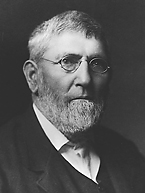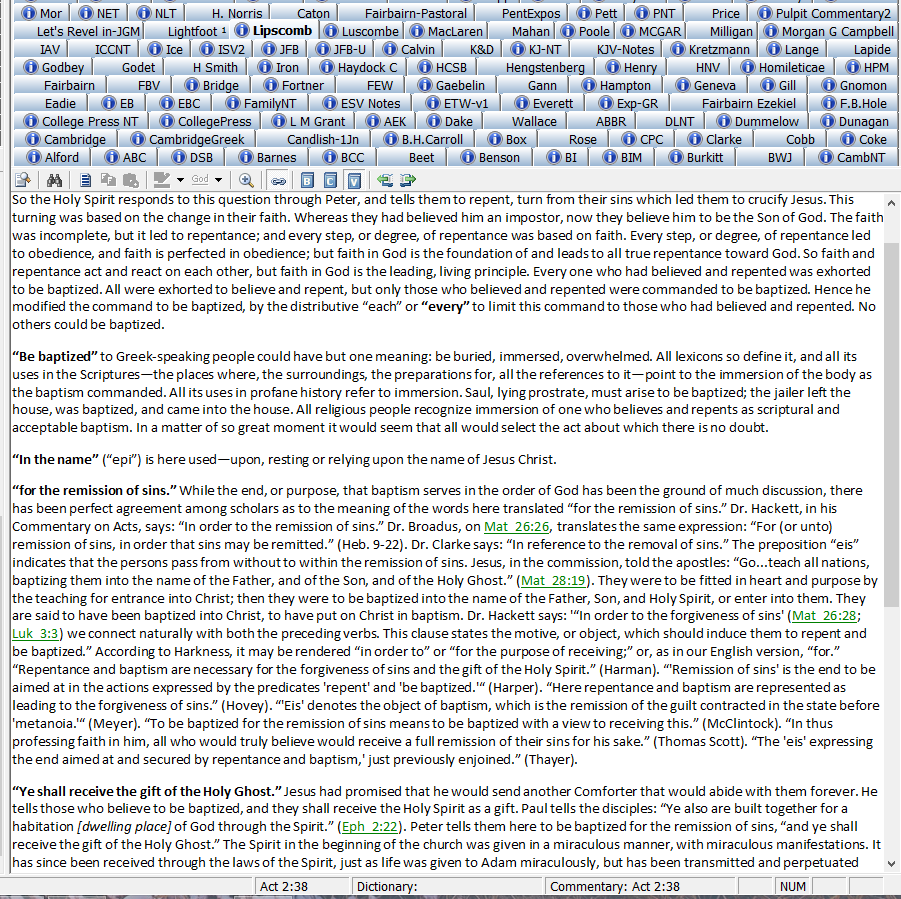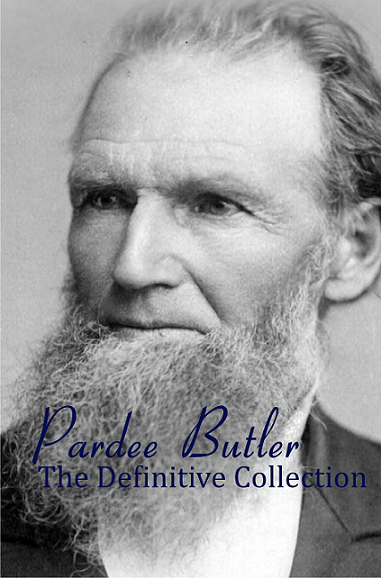The name Solomon Morton is probably unfamiliar to most people. In fact, it’s unfamiliar to most church historians as well. But his story is well worth noting.
This week’s Restoration Moment comes from “Alexander Campbell’s Tour in Scotland” (written by Thomas Chalmers) which is available in Alexander Campbell: A Collection (Volume 1) from Cobb Publishing. Enjoy!
Mr. Campbell’s victory over the Edinburgh audience was local, not general. It served rather to unite his enemies and intensify their bitterness for him. “Campbellism,” which had before been but a harmless delusion, became in the danger that now threatened Scotland’s religious peace, a ‘damnable heresy.’ No man now defended Alexander Campbell, the “arch-heretic” from this on, with impunity.
In my own congregation there had been many who held views similar to those preached by Campbell and who had even advocated them before his coming, but they were quiet now unless they dared to face the music.
Among these daring ones was Solomon Morton. Heresy had been whispered against him before—now it was loud, since he was fearless in his defense of Campbell and his views. I tried as much as I thought prudent to shield my friend, but he had become so fully converted to the new ideas (or “the old ones” as he used to call them) that he could not refrain from openly expressing his confidence in them. This was going a little too far, and against my earnest action, he was brought to trial, charged with “holding doctrines contrary to the teachings of the Holy Spirit and perilous to be held both for the soul’s salvation and the safety of God’s church.” I tried very hard to prevail upon Morton to retract, but he firmly held his ground.
The day for trial came—it was held in the vestry of the church and many ecclesiastical dignitaries from abroad were there to witness the first trial for the Campbellistic heresy. It began at ten o’clock. After a prayer by a visiting preacher the proceedings of the day began. The presiding presbyter stated the purpose of the meeting; and the general charge, which we have mentioned, was read, and followed by a warm discussion on the part of his prosecutors. He was accused of sympathizing with slavery and man-stealing, of holding doctrines not in consonance with the Westminster Confession, of having discarded the Presbyterian name, and of many other things which made him unworthy of further Christian communion.
Morton was then called out to answer these charges. He came forward, took out his Bible and opened it. Just then one of the prosecutors arose and reminded the chairman that a categorical answer should be required of the heretic on trial, he should respond ‘yes’ or ‘no’ to every separate accusation. The injustice of such a requirement was obvious. And, besides, it was contrary to the custom the Scottish Church had always observed. I immediately arose and objected to such a course of action as unworthy of the church and as likely to do us more harm in the eyes of our people than all the protection it could be in this case. I trusted we were not so fearful of Morton in his use of Scripture that we could not accord him such a hearing as heretics had always been afforded.
At this, one of the prosecutors responded that permission should not be given anyone to desecrate the Word of God by using it in support of heretical notions. “We are all convinced,” said he, “of his heresy. I move that we proceed at once to a vote.”
Deacon Morton then spoke: “Brethren,” said he, “is this a matter in which I am to have nothing to say? Am I to be condemned upon the testimony of others, who can not, by the nature of things, possess quite as accurate knowledge of the state of my heart and mind as I possess myself? I have been charged with sympathizing with and believing in certain things. Full and unhindered testimony has been rendered in this matter by others. Is not my testimony on a subject concerning which I claim to be as well informed as they, worth something, and can they not accord me as much patience, while I defend myself as I have given them while they were accusing me? I ask, will you hear my testimony on this subject?”
After some discussion, Morton was voted ten minutes in which to make his reply.
“The specific, written charge against me,” said he, “is that I hold doctrines contrary to the teaching of the Holy Spirit. To this much I can give a categorical answer. I hold the words of the Holy Spirit in my hand. I deny that I cherish one doctrine contrary to the teaching of this book. Let my accusers specify one and I shall humbly retract it in your presence today. This answer covers the whole of the written charge, for if my doctrines are not contrary to the teachings of the Holy Spirit, they can not be perilous to the soul’s salvation nor to the safety of God’s church. I deny the charge until more definite accusations are made. Wherein do I offend the Holy Spirit? It has been said today that I sympathize with slavery. For this charge there is no foundation, and I hardly need take the trouble to deny it. It has been also said that I do not respect the Westminster confession. I frankly own that it exercises no power over my convictions. If it is the voice of the Holy Spirit, then have I offended against God, but if it is not the voice of Holy Spirit, why should you or I respect its spiritual dominion over us? I ask you, is it the voice of the Holy Spirit? If so, then, it have I offended. If not, then surely I have avoided that same offense in refusing to place it in the throne of the Holy Spirit, an offense which you commit, and not I. The only question, therefore, which determines whether heresy lies on your side or on mine, is whether the Westminster creed is the voice of the Holy Spirit.”
“I have also been charged with rejecting the Presbyterian name. Show me where such a rejection is contrary to the teachings of the Holy Spirit, and again I shall own my fault and abjure my heresy. Again the point upon which our respective orthodoxy is to be hung is whether the Presbyterian name has been applied to us by the Holy Spirit. If it has, then am I a heretic for rejecting it; if not, then you are the heretics for assuming it.”
There was no response to anything that Morton had said. He was called down by the chairman on the second, but his ten minutes had been sufficient. His prosecutors became more rabid in their remarks, but the more reasonable portion of the session considered him with some favor. The vote was taken and by a plurality of two votes against him he was pronounced a heretic. This trial did us more harm than anything else that had happened to us. It was universally condemned as an outrage and such a reaction followed that several of our best members went with Morton and joined the Disciples in Edinburgh. It was the first and last trial for “heresy” of Campbellism that was ever precipitated upon a Scottish Kirk-session to my knowledge.





